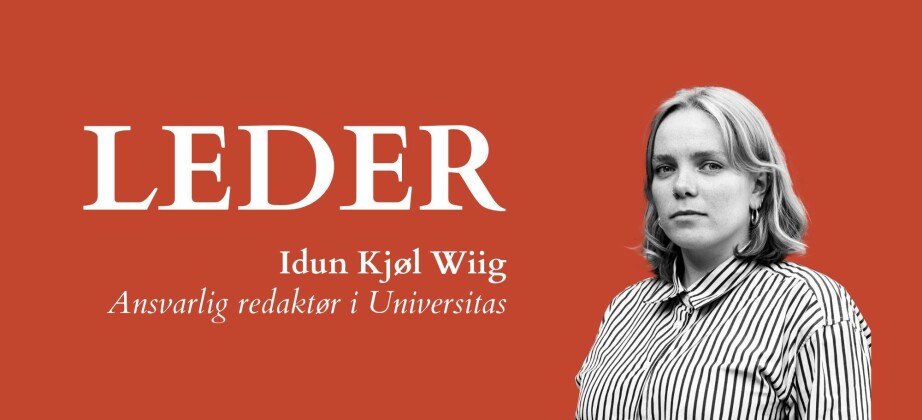– Reform without quality
A recent report indicates that a majority of scientific staff members hold that the Quality Reform has resulted in a decline in quality as regards higher education.
The initial report from the group of scientists assigned to assess the Quality Reform is now ready. At the moment, the only available assessments are from researchers and lecturers. This derives from a large co-operation project between NIFU STEP and the Rokkan Centre in Bergen. Leader of the project Svein Michelsen, representing the Rokkan Centre, explains that a rather large student survey assisted by Statistics Norway has been carried out as well. The results will be published this summer.
Lower level
The Quality Reform is primarily regarded as an efficiency-enhancing measure. But according to the report, the result is a lower level within Norwegian Higher Education. The report indicates among others that:
• A considerable majority holds that both Bachelor’s degrees and Master’s degrees have resulted in lower levels as opposed to the old Norwegian system with «cand.mag» and «hovedfag».
• Less than one-third regards the Reform as pedagogically motivated.
• 93 per cent of University employees think that the Reform has resulted in less time devoted to research.
Another interesting finding is that scientific staff members have second thoughts about student exchange programmes. In the chapter on internationalisation, it is concluded that associate professors, professors and university college lecturers all agree that student exchange programmes have no impact on the quality of the various fields of expertise. On the other hand, they welcome scientific exchange programmes.
– This is rather alarming, considering the large emphasis that has been put on student exchange programmes and internationalisation as quality strategies per se, Michelsen thinks.
Unfounded fear
Scientific staff members also fear that lazy students will benefit from a new financing model that is set to allocate funds to universities and university colleges solely on the basis of failure rates. This fear has no bearing on reality, according to the report. Apparently, it is impossible to prove any significant lenience as to exam performance following the Reform according to figures from Database for høyere utdanning (DBH), a statistics database relating to higher education.
However, it may be worth mentioning that most people fear lower standards for a pass in other academic circles, but to a smaller extent in their own, and even fewer people believe they would let the new incentives influence their own examination practices.
































